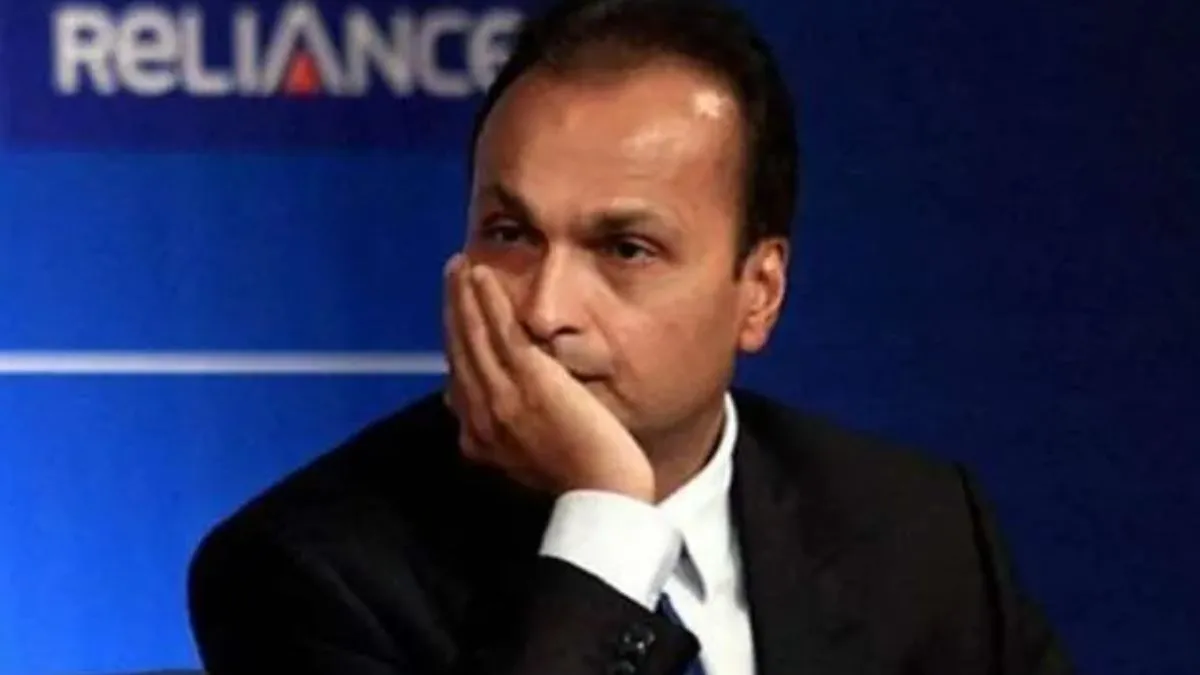- By Chetna Shree
- Wed, 10 Sep 2025 05:50 PM (IST)
- Source:JND
Anil Ambani Fraud Case: Reliance Group Chairman Anil Ambani faces further legal trouble as the Enforcement Directorate (ED) on Wednesday filed a fresh money laundering case against him, Reliance Communications and others over an alleged Rs 2,929 crore bank fraud.
The ED’s action stems from a First Information Report (FIR) filed by the Central Bureau of Investigation (CBI) last month, NDTV quoted officials as saying. The CBI alleged that Anil Ambani and Reliance Communications (RCom) were responsible for a financial loss to the State Bank of India (SBI) and carried out searches at premises linked to the Reliance Group Chairman.
The CBI carried out searches at six locations in Mumbai linked to RCom and Anil Ambani, aimed at gathering evidence on the alleged misuse of bank funds and possible diversion of loans.
The State Bank of India (SBI) on June 13 classified RCom and Anil Ambani as “fraudulent” and submitted a report to the Reserve Bank of India (RBI) on June 24. In its letter to RCom, SBI said, “We have taken cognisance of the responses to our Show Cause Notice and after due examination of the same, it is concluded that sufficient reasons have not been provided by the respondent, to explain the non-adherence to the agreed terms and conditions of the loan documents or the irregularities observed in the conduct of the account of RCL (Reliance Capital Limited) to the satisfaction of the bank.”
Earlier, the ED had questioned the Reliance Group Chairman in connection with a money laundering case related to multiple alleged bank frauds involving crores of rupees by his group companies.
ALSO READ: Bank Of Baroda Declares RCom, Anil Ambani As Fraud | All You Need To Know About Loan Fraud Case
The Enforcement Directorate has been investigating the alleged diversion of funds of approximately Rs 3,000 crore in loans extended to Reliance Group Companies by the Yes Bank between 2017 and 2019. Its findings suggest that the bank promoters received payments shortly before the loans were sanctioned, pointing to a possible quid pro quo arrangement.

